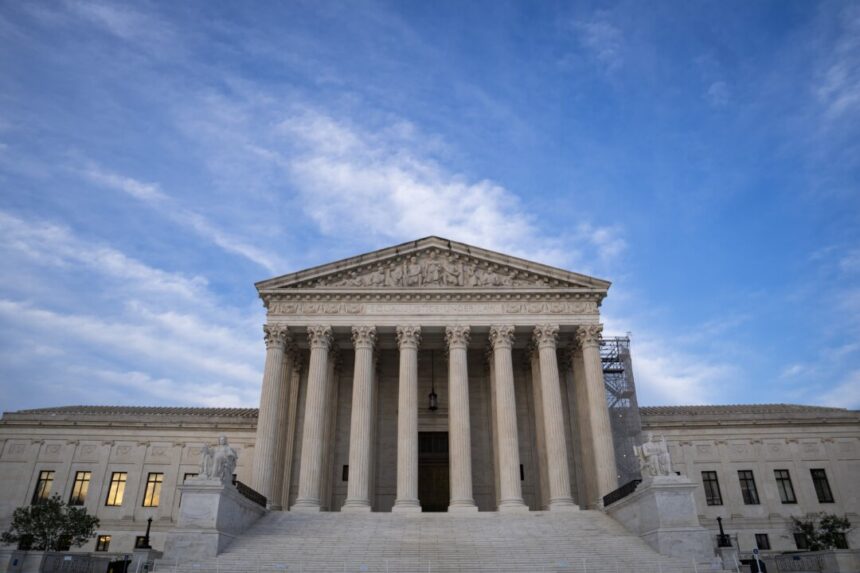Revoking the misguided policy implies that the judiciary will be prompted to engage in deeper thought moving forward.
Commentary
On June 28, the Supreme Court of the United States officially struck down the Chevron deference doctrine. May it rest in pieces.
If you are unfamiliar with the Chevron doctrine, let me elaborate. Under the Chevron doctrine, which has now been abolished after over 40 years, justices were relieved from the arduous task of comprehending complex technical arguments as long as the government-appointed expert deferred to in matters of fact-finding was not completely incompetent. Essentially, if you were in public service, you were deemed right, whereas if you were an expert employed in the private sector, you were considered wrong.
While this is a simplification, it underscores a fundamental truth. The Chevron doctrine was an extension of the Argument from Authority, a logical fallacy that has become prevalent in American public discourse. This fallacy assumes that one’s position or credentials make their views more important and likely to be correct than those of others. For instance, my bachelor’s degree in chemistry supposedly makes me less qualified to comment on environmental and climate change issues than a climatologist with a recent doctorate. My 40 years of experience in atmospheric chemistry are thus disregarded.
It is important to acknowledge that some intelligent and dedicated individuals choose to work in public service, and we should appreciate their contributions. However, not every individual in public service is necessarily highly competent or committed to the notion of serving the public.
In this context, granting almost every government expert the shield of Chevron doctrine infallibility is unwise. The Supreme Court has now recognized this reality.
Critics of this ruling have argued and will continue to argue that eliminating the Chevron doctrine will empower big business interests to undermine, exploit, and deceive public servants who are solely focused on utilizing their skills for the greater good. While this concern is well-intentioned, I believe it does not accurately depict the situation.
The truth is that abolishing the Chevron doctrine will compel justices to fulfill their responsibilities when dealing with cases involving intricate technical and scientific details. Both the plaintiff and defendant will be required to explain the technicalities in a manner that the presiding judge and jury can comprehend. In a world that is becoming increasingly complex, this presents a growing challenge. However, the very complexity of the world underscores the need for the justice system to become more astute, rather than oversimplify matters.
Translating technical jargon into understandable legal language is no easy feat. I speak from experience, as it is a significant part of my daily work. While challenging, it is crucial. In fact, it is more than crucial—it is indispensable. Without skilled translators, impartial members of the justice system would not be able to make truly impartial decisions on public policy matters that involve substantial technical and scientific components.
The Chevron doctrine absolved willing justices from even attempting to grasp the science behind major contemporary issues. Reversing this flawed policy means that the judiciary will be encouraged to engage in deeper thinking moving forward. Some judges may choose not to do so, but others will embrace this new era of intellectual freedom, which is undoubtedly a positive development.
Views expressed in this article are opinions of the author and do not necessarily reflect the views of The Epoch Times.
Please provide a sentence or paragraph for me to rewrite.
Source link







